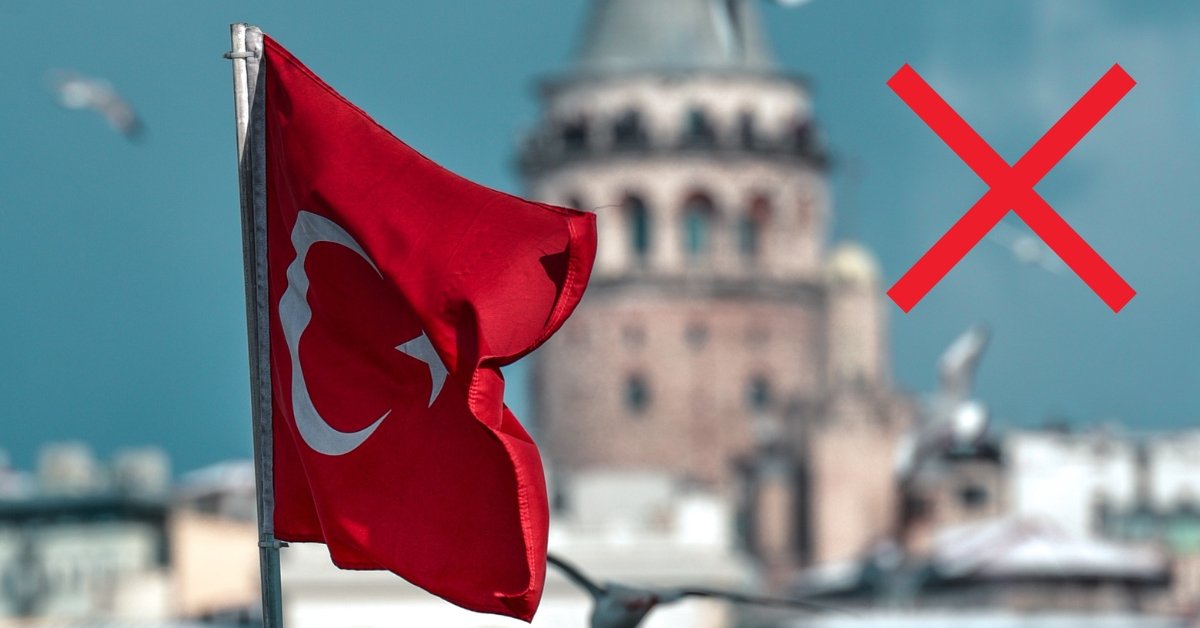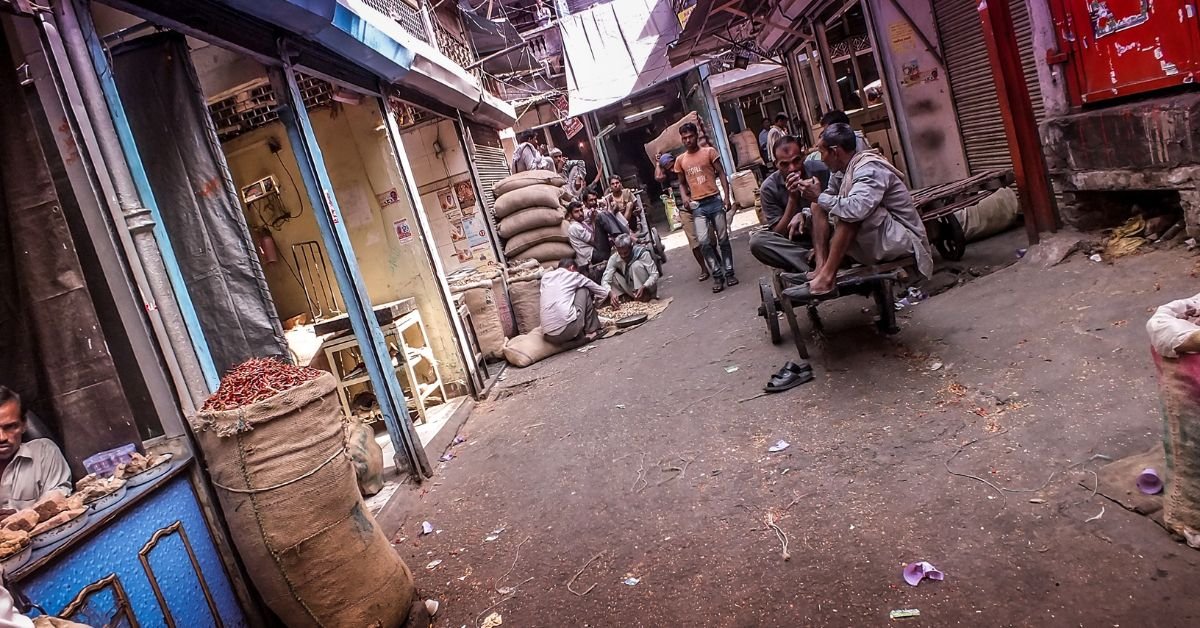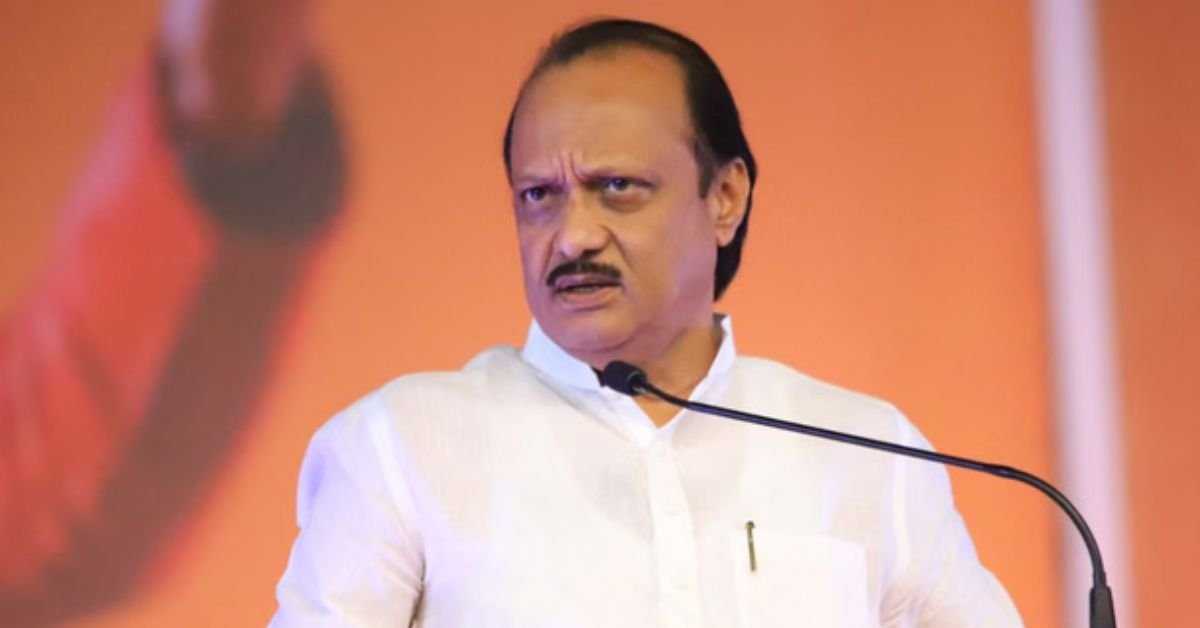Why Indians are boycotting Türkiye over its support for Pakistan, learn about Operation Sindoor, economic impacts, and more in this detailed post!
Table Of Contents
Introduction: A Growing Movement In India
Recently, the hashtag #BoycottTurkey has taken social media by storm, reflecting a wave of public sentiment in India.
From canceled tourist bookings to demands for banning Turkish products, this boycott is more than a trend—it is a response to geopolitical tensions that have struck a chord with millions.
At the heart of this movement lies Türkiye’s controversial support for Pakistan following India’s Operation Sindoor, a military strike targeting terror sites.
This blog post explores the reasons behind the boycott, its economic and social impacts, and what it means for India-Turkey relations.
Whether you are curious about international relations or want to understand this trending topic, we have clear, engaging insights for you.
The Spark: Operation Sindoor And Türkiye’s Response
On May 7, 2025, India launched Operation Sindoor, a precision military operation targeting nine terror sites in Pakistan and Pakistan-occupied Kashmir (PoK).
The operation was a retaliation for a deadly militant attack in Kashmir on April 22, 2025, which claimed 26 civilian lives.
India’s decisive action aimed to neutralize threats from militant groups it accused Pakistan of harboring.
While the operation was supported mainly domestically, it drew international attention, including sharp criticism from Türkiye.
Türkiye’s foreign affairs ministry condemned Operation Sindoor as “unprovoked aggression,” accusing India of violating Pakistan’s sovereignty and risking regional stability.
President Recep Tayyip Erdogan further escalated tensions by pledging support for the “brotherly people of Pakistan.”
This stance was seen as a betrayal by many Indians, especially given India’s history of aiding Türkiye during its 2023 earthquake through Operation Dost.
This humanitarian mission delivered critical supplies and support.
Adding fuel to the fire, allegations surfaced that Türkiye supplied Pakistan with Songar drones, which were reportedly used in attacks against India.
According to a Firstpost report, the Indian Army identified 300-400 Turkish-made drones crossing India’s borders post-Operation Sindoor.
These developments transformed public frustration into a nationwide call for action, leading to the boycott movement.
Why Are Indians Boycotting Türkiye? Key Reasons Explained
A mix of emotional, political, and economic factors drives the boycott.
Below, we break down the primary reasons fueling this movement:
| Reason | Details | Why |
|---|---|---|
| Support for Pakistan | Turkiye condemned India’s Operation Sindoor and expressed solidarity with Pakistan, with Erdogan vowing support. | This was perceived as taking sides against India in a sensitive conflict, undermining bilateral trust. |
| Alleged Drone Supplies | Reports claim Turkiye supplied Songar drones to Pakistan, used in attacks against India. | Military support for an adversary intensified public anger and calls for economic retaliation. |
| Sense of Betrayal | India’s aid during Turkiye’s 2023 earthquake (Operation Dost) contrasts with Turkiye’s current stance. | The perceived ingratitude has fueled emotional outrage, especially among Indian leaders and citizens. |
| Geopolitical Tensions | Turkiye’s broader alignment with Pakistan, including joint military exercises, has raised concerns. | This suggests a deeper strategic shift, prompting India to reassess its relationship with Turkiye. |
These reasons have resonated deeply with the Indian public, amplified by social media platforms like X, where posts like “No Türkiye, Indians will not come spending money on tourism in a country that uses the same to arm Pakistan” by Shiv Sena leader Priyanka Chaturvedi have gone viral.
The Economic Fallout: How The Boycott Is Hitting Türkiye
The boycott has had a tangible impact on Türkiye’s economy, particularly in sectors reliant on Indian consumers.
Let’s look at the key areas affected:
| Sector | Impact | Details |
|---|---|---|
| Tourism | Over 50% drop in Indian bookings | In 2024, 2.74 lakh Indian tourists visited Turkiye, contributing nearly Rs 3,000 crore. Companies like EaseMyTrip, Ixigo, and MakeMyTrip have suspended bookings, causing a sharp decline. |
| Trade (Apples) | Zero demand in key markets like Pune | Turkish apples, previously generating Rs 1,000-1,200 crore seasonally in Pune, are being replaced by local and Iranian alternatives. |
| Trade (Marble) | Calls for a complete ban | Turkiye supplies 70% of India’s imported marble (14-18 lakh tonnes, worth Rs 2,500-3,000 crore). The Udaipur Marble Processors Association has urged a boycott. |
The economic ripple effects are significant.
For instance, WanderOn, a travel company, reported a 50% drop in expected bookings to Türkiye, while Cox & Kings and Go Homestays have followed suit.
Politicians like Murji Patel of Shiv Sena have demanded the cancellation of contracts with Turkish companies at Mumbai airport, signaling a broader push to sever economic ties.
The Role of Social Media in Amplifying The Boycott
Social media, particularly X, has been a powerful catalyst for the boycott.
The hashtag #BoycottTurkey has trended widely, with users sharing emotional appeals and calls to action.
For example, a post by @BesuraTaansane on May 8, 2025, urged, “Boycott Türkiye – no tourism revenue from India must go to this supporter of terror,” garnering thousands of likes and retweets.
Another user, @TIgerNS3, highlighted the contrast between India’s aid during Türkiye’s earthquake and its current stance, stating, “Turkey pleads Indian tourists not to boycott them economically. Remember when India helped Turkey during an earthquake that struck.”
These posts reflect a broader sentiment of unity and resolve, with users like @raju_botana encouraging others to comment “#BoycottTurkey” to keep the movement alive.
The viral nature of these campaigns has pressured businesses and policymakers to act, making social media a driving force in this geopolitical drama.
Voices Of Influence: Political And Public Reactions
Political leaders and public figures have vocally supported the boycott.
Kuldeep Singh Rathore, a Congress MLA, demanded a ban on Turkish imports, citing “diplomatic betrayal.” Priyanka Chaturvedi of Shiv Sena (UBT) used X to rally support, emphasizing that Indian tourism revenue should not fund Pakistan’s military efforts.
Meanwhile, traders in Pune have shifted to local and Iranian apples, and the Udaipur Marble Processors Association has called for a complete halt to Turkish marble imports.
Public sentiment is equally strong. A BusinessToday report noted that netizens have rejected Türkiye’s alleged “appeal” to Indian tourists, with comments like “Do not give a rupee to Turkey” trending online.
This collective action underscores the power of public opinion in shaping international relations.
Challenges And Misinformation
While the boycott is rooted in genuine grievances, there have been concerns about misinformation.
A Türkiye Today report suggested that unverified claims about Türkiye’s military support for Pakistan have fueled criticism.
Türkiye has maintained a neutral stance, calling for restraint from India and Pakistan.
However, the core issues—Türkiye’s condemnation of Operation Sindoor and alleged drone supplies—remain undisputed, keeping the boycott’s momentum strong.
What Is Next For India-Turkey Relations?
The boycott raises questions about the future of India-Turkey relations.
While the two nations have historically maintained cordial ties, recent events have strained this relationship.
India’s decision to prioritize economic self-reliance and local alternatives (e.g., Himachal apples over Turkish ones) could reshape trade dynamics.
On the other hand, Türkiye’s reliance on Indian tourism and trade means it may seek to de-escalate tensions to mitigate losses.
For now, the boycott reminds us how quickly public sentiment can influence international relations.
It also highlights India’s growing economic leverage, as seen in the swift response from travel companies and traders.
Trivia: Did You Know?
During India’s Operation Dost in 2023, the Indian Air Force delivered 250 tonnes of relief material to Türkiye within 48 hours of the earthquake, earning widespread gratitude. This makes the current boycott all the more poignant, as it contrasts sharply with India’s past goodwill.
Conclusion: A Movement Rooted in Principle
Indians’ boycott of Türkiye is more than a reaction to geopolitical tensions—it is a statement of principle, reflecting a nation’s resolve to stand against perceived betrayal.
From Operation Dost’s emotional weight to the economic impact of canceled bookings, this movement has profoundly reshaped India-Turkey relations.
As the hashtag #BoycottTurkey continues to trend, it is clear that public sentiment, amplified by social media and political voices, holds immense power.
We hope this deep dive has illuminated the complexities of this issue.
Explore our other articles on the website for more insights into global events, travel trends, or cultural stories.
Your thoughts matter—share them in the comments below, and let us keep the conversation going!






